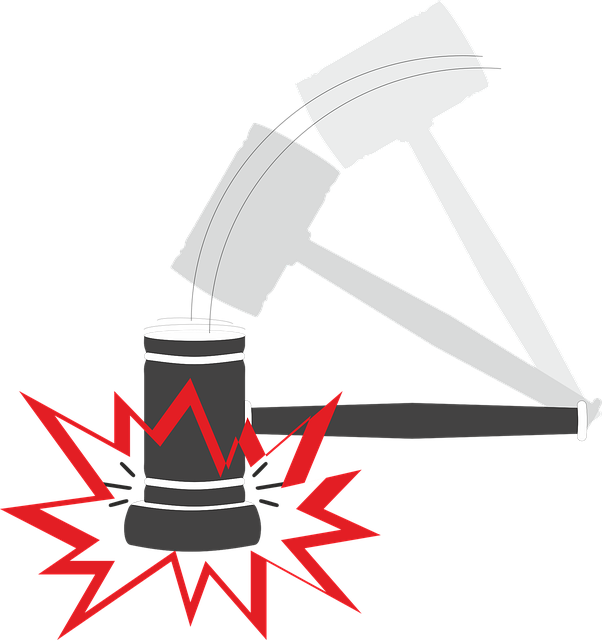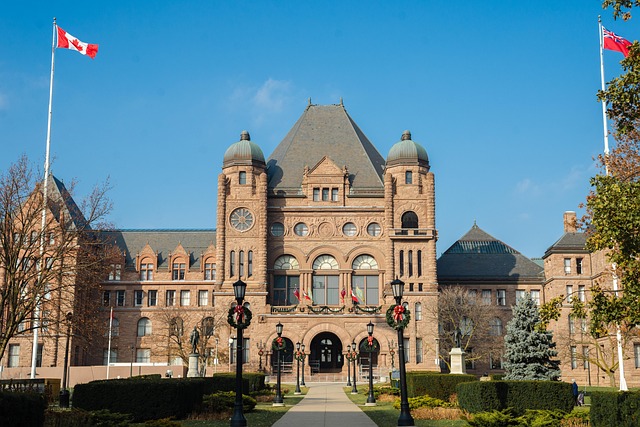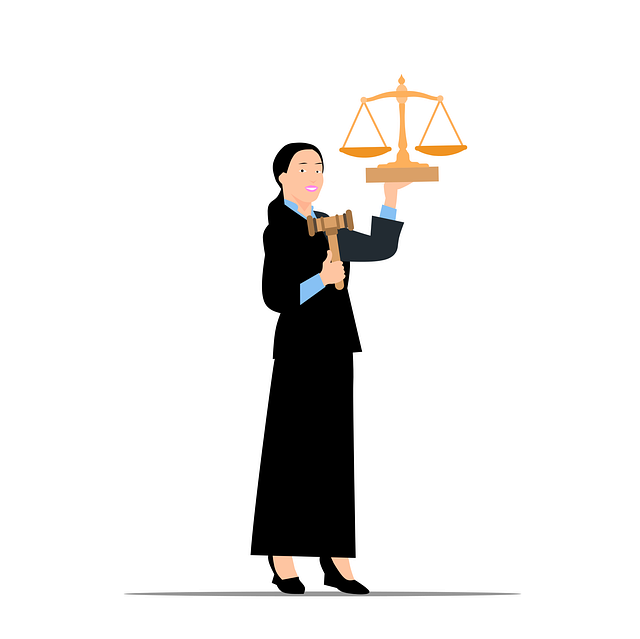Startups seeking trademark infringement legal assistance must understand environmental crime trials' complex landscape. These trials demand nuanced strategies to protect intellectual property, uphold environmental stewardship, and avoid white-collar defense pitfalls. Specialized attorneys guide startups through investigative processes, ensuring brand integrity while navigating legal complexities, enabling market thrive and positive environmental contribution.
In an era where environmental protection is paramount, Environmental Crime Trials (ECTs) play a crucial role in holding perpetrators accountable. This article delves into the legal intricacies of ECTs from a startup’s perspective. We explore landmark cases, focusing on trademark infringement as a key environmental offense. Understanding these trials is essential for startups seeking legal assistance to protect their innovations and intellectual property in an increasingly regulated landscape. By mastering strategic navigation, startups can secure robust defenses against potential claims related to trademark infringement.
- Understanding Environmental Crime Trials: A Legal Perspective
- Trademark Infringement: Startups & Their Protections
- Navigating Legal Assistance: Strategies for Startup Success
Understanding Environmental Crime Trials: A Legal Perspective
Environmental Crime Trials offer a unique legal landscape where the focus shifts from traditional criminal offenses to those that inflict damage on the natural world. These trials delve into issues related to environmental protection, pollution, and resource management, often involving complex scientific evidence and regulatory frameworks. Understanding this specialized arena is pivotal for both corporate and individual clients facing charges, especially startups seeking trademark infringement legal assistance amidst their growth trajectory.
The intricacies of these cases demand a nuanced approach, requiring skilled attorneys adept in navigating environmental laws and regulations. From white-collar defense strategies to presenting compelling arguments for winning challenging defense verdicts, the goal is to uphold environmental stewardship while ensuring due process rights are respected. This delicate balance becomes increasingly critical as businesses expand, emphasizing the need for proactive legal guidance to steer clear of environmental pitfalls.
Trademark Infringement: Startups & Their Protections
In the world of environmental crime trials, trademark infringement can pose significant challenges for startups seeking to protect their innovative ideas and unique identities. These high-stakes cases often arise when established companies or competitors mimic a startup’s distinct branding, leading to consumer confusion. Startups, however, are not without protections. Legal assistance tailored for these budding enterprises plays a crucial role in guiding them through the intricacies of intellectual property law.
Specialized attorneys offer invaluable support across the country, assisting startups at every stage of the investigative and enforcement process. They help navigate complex legal landscapes, ensuring that trademark rights are firmly established and maintained. By employing strategic measures, they safeguard startups from fraudulent activities, enabling them to thrive in a competitive market without compromising their brand integrity. This protection is especially vital as these young companies strive to establish themselves in a crowded marketplace.
Navigating Legal Assistance: Strategies for Startup Success
Navigating legal assistance is a strategic move for startups entering the complex world of environmental law. When facing allegations of trademark infringement, these young businesses require tailored support to ensure their success in court—a crucial aspect often overlooked. Legal experts specializing in intellectual property and environmental crime trials are invaluable assets. They guide startups through the intricacies of these cases, which can involve intricate legal arguments and a deep understanding of regulatory frameworks.
For his clients, these lawyers offer proactive strategies. This includes conducting thorough trademark research to establish a solid defense, drafting comprehensive legal briefs, and preparing compelling presentations for jury trials. By leveraging their expertise, startups can protect their brand identity and reputation. Moreover, engaging such assistance enables young enterprises to contribute positively to the philanthropic and political communities by fostering environmental awareness and accountability while ensuring their own survival in the market.
Environmental Crime Trials offer a crucial legal framework to address growing concerns over ecological preservation. Understanding these trials, as highlighted in our discussion on trademark infringement and startup protections, equips entrepreneurs with vital knowledge. By navigating the complexities of intellectual property rights and environmental law, startups can safeguard their innovations and contribute to a sustainable future. Accessing appropriate legal assistance throughout this process is essential for their success, ensuring they remain resilient against potential infringements while fostering innovation in their respective fields.






